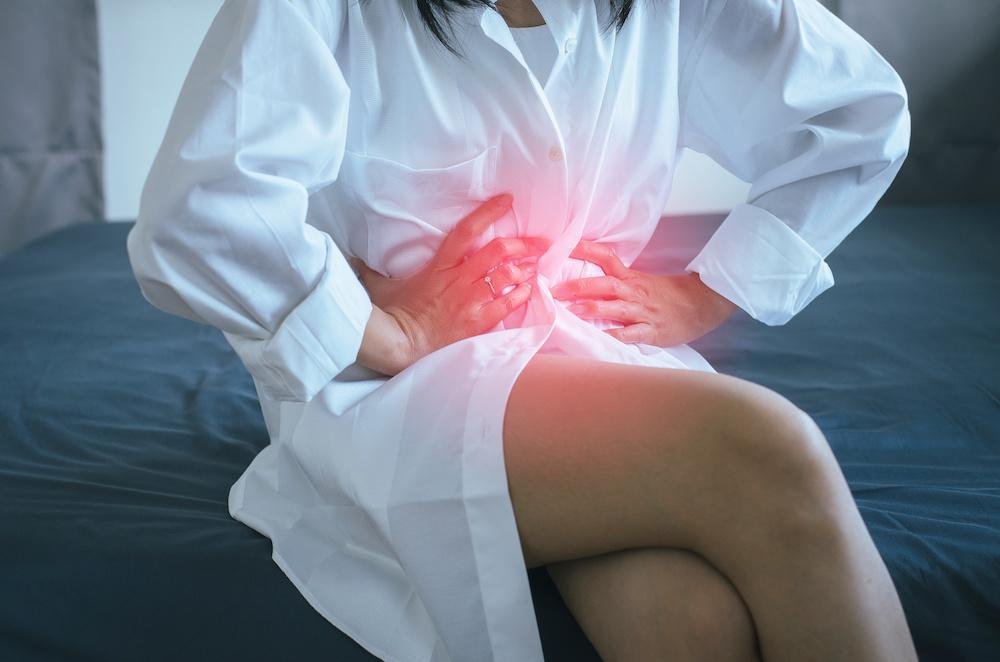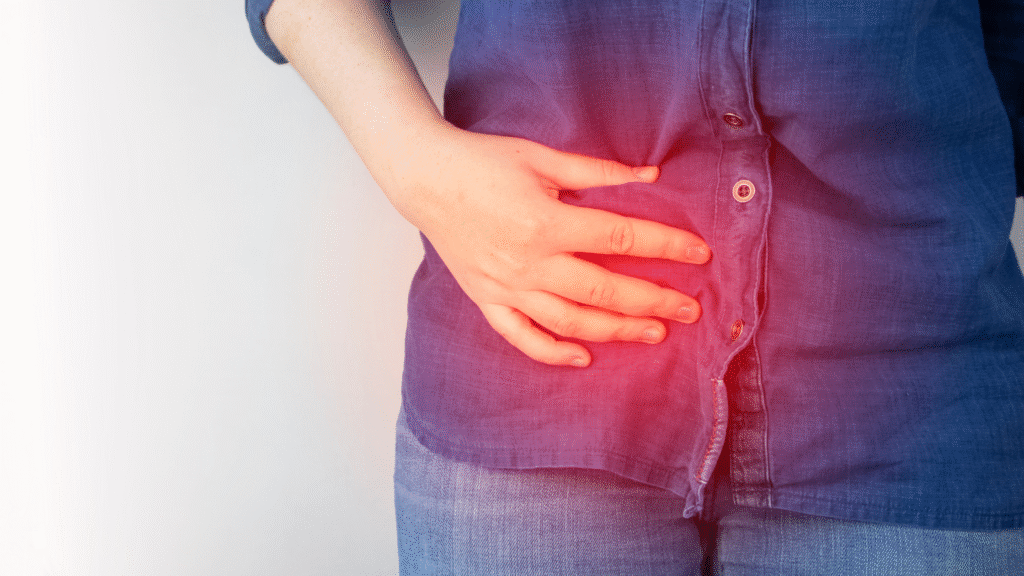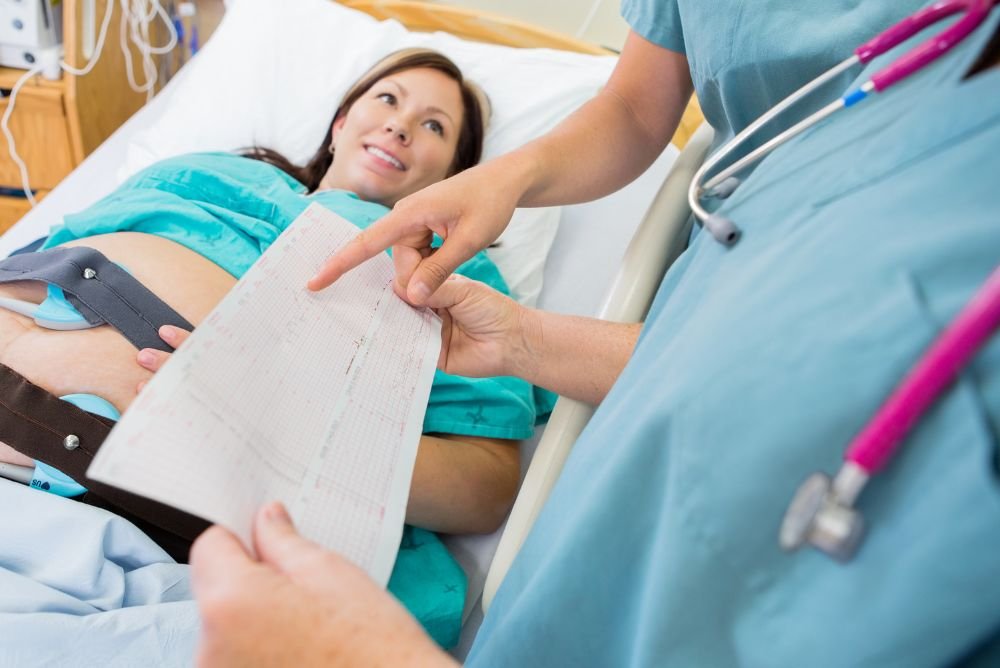Understanding Pelvic Pain: When Discomfort Demands Attention
Pelvic pain refers to discomfort that occurs in the lower abdomen or pelvic region. It may be short-lived or persistent and can be caused by a variety of conditions related to the reproductive, urinary, digestive, or musculoskeletal systems. For women, pelvic pain can sometimes be linked to menstrual cycles, pregnancy, or gynecological conditions. At Dr. Tuhina Goel’s clinic, we focus on identifying the underlying cause of pelvic pain through thorough evaluation and providing effective, personalized treatment to relieve discomfort and restore well-being.
What Causes Pelvic Pain? Common Triggers You Should Know

Pelvic pain can arise from multiple sources, and understanding the cause is key to successful treatment. Gynecological causes include endometriosis, ovarian cysts, fibroids, pelvic inflammatory disease (PID), and menstrual cramps (dysmenorrhea). Urological causes such as urinary tract infections or bladder inflammation can also contribute to pelvic pain. Digestive conditions like irritable bowel syndrome (IBS) or constipation, as well as musculoskeletal issues like pelvic floor muscle dysfunction, may also be responsible. Sometimes, pelvic pain is a result of a combination of factors, making a detailed diagnosis essential.

How We Diagnose Pelvic Pain with Precision
Accurate diagnosis begins with a comprehensive medical history and physical examination. Our clinic uses a combination of pelvic exams, imaging tests such as ultrasound or MRI, and laboratory tests to pinpoint the source of the pain. For cases involving complex or chronic symptoms, minimally invasive diagnostic procedures like laparoscopy may be used to directly view the pelvic organs. Identifying the cause not only helps in relieving symptoms but also prevents potential complications from untreated underlying conditions.
Treatments for Lasting Relief
Treatment for pelvic pain depends entirely on its cause, severity, and the patient’s health status. For infections, antibiotics or antiviral medications may be prescribed. Hormonal therapies such as birth control pills can help regulate menstrual cycles and reduce symptoms from conditions like endometriosis. Pain management strategies may include nonsteroidal anti-inflammatory drugs (NSAIDs), physical therapy, and pelvic floor rehabilitation exercises. In certain cases, surgical intervention may be necessary, especially for large fibroids, severe endometriosis, or persistent cysts. We also emphasize lifestyle changes, stress management, and nutritional support to aid recovery and prevent recurrence.


Supporting You Beyond the Treatment Room
At Dr. Tuhina Goel’s clinic, we believe that pelvic pain should never be ignored or normalized. Our approach ensures ongoing monitoring, follow-up consultations, and adjustments in treatment as needed. We provide emotional support, patient education, and preventive guidance to help women take control of their reproductive and pelvic health. By combining advanced medical care with a compassionate approach, we aim to improve not only your physical comfort but also your overall quality of life.
